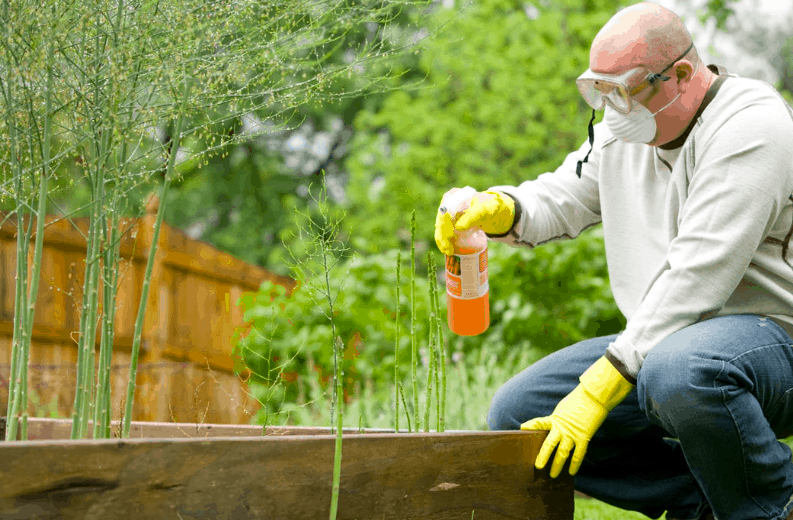Mackenzie Bouverat is a student at Harvard Law School.
Now the world leader in confirmed coronavirus cases, America has resolved to remain closed for business (until, per the President’s latest update, April 30th). This historic disruption to the American economy continues to eliminate jobs across sectors at speeds and scales typically envisioned only in pessimistic speculation about the future of artificial intelligence.
Caesers Entertainment—an American gaming hotel and casino corporation now closing nine hotel-casinos across the Las Vegas strip—has announced that they are not yet certain about whether their 3,200 lay-offs are temporary or permanent. Law firms, advertising firms, tech companies, real estate start-ups, travel management companies are among the ‘white collar’ industries now laying off employees. This Friday, Philadelphia has placed 2,500 part-time and seasonal employees on “leave without pay,” citing budgetary constraints in light of the coronavirus pandemic. The United Kingdom has responded to layoffs in the airline industry by instituting a retention scheme, in which it offers temporary non-clinical NHS employment to furloughed UK-based Virgin and Easyjet staff.
Sudden surges in demand have prompted some industries—grocery stores, pharmacies, medical manufacturers, delivery service, online learning companies, and cleaning services—to coordinate massive hiring programs. Further up the supply chain, other essential industries prepare for shortages in labor supply. Citing concerns about an “illness-driven labor crunch,” food-processing plants scramble to hire workers. And the specter of produce “rotting in the fields” throughout the spring harvest has induced the state department to loosen regulations on seasonal foreign workers in the agricultural industry.
Essential industries remain at work in every state. The critical importance of these industries for national welfare is reflected in growing anxieties about the exposure of these vital workers to coronavirus. The thousands of sick European health workers, and increasing reports of American food-supply workers contracting the virus, has resulted in intensified pressure on employers and government officials to implement measures necessary to protect these vital workers from exposure. Last Wednesday, Courtney reported on successful efforts to secure protections for grocery store workers in light of the pandemic; this weekend has seen advocacy groups and employees across other essential industries follow suit.
Farm workers are classified as essential employees in nearly all jurisdictions with restrictions on business operations. Agricultural groups and union leaders urge employers to institute precautions to protect farm workers from contracting the coronavirus, including providing hygienic products and providing prevention training in English and Spanish. The most significant exposure risks are encountered by most agricultural workers as they bus to the farms; guest workers are likeliest to contract the virus at their overcrowded communal housing camps. United Farmworker’s open letter to agricultural employers calls for the implementation of social distancing measures on farms and in communal living spaces, extending “state-required sick pay to 40 hours or more,” removing “caps on accruing sick pay,” and ending the 90-day wait for new workers trying to claim sick time. According to the union’s Thursday news release, these demands have been unavailing. Some employers argue that, due to the pressure to restock bare grocery shelves and the inefficiency of implementing social distancing measures while harvesting, complying with these recommendations is impossible.
In the wake of the death of a New York City carrier, U.S. Postal workers are also organizing for improved protections. A coworker.org petition insists upon fully paid leave for anyone older than 64 (or anyone living with such an individual), increased sick leave for anyone suspecting that they have contracted the virus, as well as hazard pay for those still working and suspended service for facilities with vulnerable populations. Although the U.S. Postal Service has announced that it has encouraged sick employees to remain at home and has instituted liberal leave policies, some employees allege inconsistent guidance by local managers: one Cincinnati-based postal worker claims that a supervisor threatening to withhold pay if she fails to return to work.
Citing concerns about exposure after several workers at a Staten Island Amazon fulfillment center tested positive for coronavirus, nearly one hundred of the centre’s 4500 employees plan to strike this Monday, demanding temporary closure of the facility for cleaning. Further, as Instacart has begun advertising to hire nearly 300,000 more workers, the Gig Workers Collective has called for a nationwide walk-out of Instacart workers this Monday, demanding—among other things—hazard pay and personal protective equipment.






Daily News & Commentary
Start your day with our roundup of the latest labor developments. See all
March 3
In today’s news and commentary, Texas dismantles their contracting program for minorities, NextEra settles an ERISA lawsuit, and Chipotle beats an age discrimination suit. Texas Acting Comptroller Kelly Hancock is being sued in state court for allegedly unlawfully dismantling the Historically Underutilized Business (HUB) program, a 1990s initiative signed by former Governor George W. Bush […]
March 2
Block lays off over 4,000 workers; H-1B fee data is revealed.
March 1
The NLRB officially rescinds the Biden-era standard for determining joint-employer status; the DOL proposes a rule that would rescind the Biden-era standard for determining independent contractor status; and Walmart pays $100 million for deceiving delivery drivers regarding wages and tips.
February 27
The Ninth Circuit allows Trump to dismantle certain government unions based on national security concerns; and the DOL set to focus enforcement on firms with “outsized market power.”
February 26
Workplace AI regulations proposed in Michigan; en banc D.C. Circuit hears oral argument in CFPB case; white police officers sue Philadelphia over DEI policy.
February 25
OSHA workplace inspections significantly drop in 2025; the Court denies a petition for certiorari to review a Minnesota law banning mandatory anti-union meetings at work; and the Court declines two petitions to determine whether Air Force service members should receive backpay as a result of religious challenges to the now-revoked COVID-19 vaccine mandate.